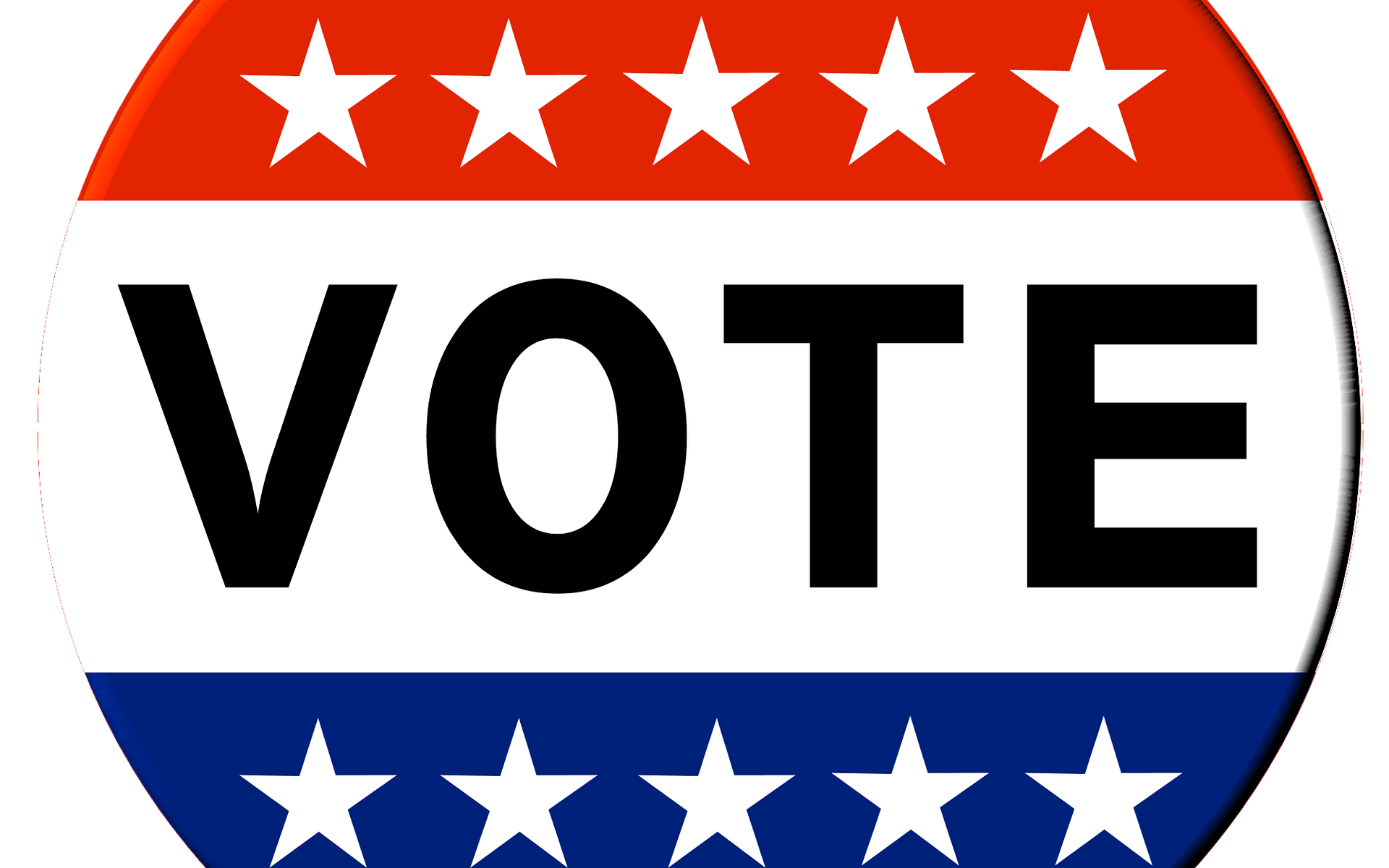I attended my first drive-in movie theater the other day. Who knew those still existed? As I seek extraneous activities to keep me sane during quarantine, I continue to reflect on both past and present events of this pandemic. In March I thought I’d be back in school by April. Then it was May. Then junior year was over. Now I feel as if senior year were gone too. As the milestones of my high school career continue to slip out from under my feet like a pulled rug, and as I read about lives lost to this virus, I can’t but help feel angry, depressed, dumbfounded. And yet I still have friends who continue to socialize, who don’t wear masks, practices both shocking and defeating.
With this context as my background, I decided to take a summer class in international relations (IR). I had to write a paper on an international issue about which I was passionate, and I chose understanding climate change deniers. I researched and read and wrote pages about understanding cultural factors that eventually lead a person to deny science and facts. Psychological factors, like choosing to read only “evidence” that corroborates our own beliefs and defending our personal backgrounds and beliefs at all costs, lead to the polarization we see in today’s political scheme. Interestingly, the same principles apply to public thinking about this virus. Only in this situation, the climate change deniers are those who refuse to wear masks.
The United States was the country most prepared to handle a pandemic – we had the science, the forethought, the observations of viral outbreaks elsewhere, such as SARS, Ebola, and the Zika virus. But here’s the crucial difference between now and then: we took those viruses seriously. According to the Global Health Security Index, published 45 days before the world’s first suspected COVID-19 case, the US ranked first in preparedness to handle a serious outbreak. Clearly, the situation didn’t unfold as planned, for this index did not account for the extremely polarized political climate that exists currently within the United States. In 2016, the Obama administration urged the incoming Trump administration to examine preparations for a potentially devastating pandemic. Trump’s response in May 2018 was to, according to Time Magazine, “shut down a White House office devoted to pandemic preparedness that President Obama set up after the 2014-2016 Ebola epidemic.”
Since the American Revolution, Americans have had this sense of “American exceptionalism.” This idea encompasses beliefs that America is the best country and that nothing bad will happen here. However, while events like 9/11 and now the coronavirus pandemic challenge this assumption, today’s violently divisive political climate, led by President Trump’s America First Agenda, has stalled a sane response. And we continue to see rallies of irrational protest from Americans who refuse to believe in scientific facts and raise their voices to exercise their right to not wear a mask.
As a teenager living in California, currently a COVID hotspot, I reflect on the lessons from my IR class and how we might do so much better if we learned from other countries, and if we worked together. Rather than feeling hopeless or embarrassed as I watch news stories of irrational mass gatherings for Trump rallies or parties, all attendees sans masks, I look at the social media posts of my international friends, now hanging out with friends and going inside restaurants. I read about Chinese kids who are already back in school in an ingenious modified environment, and I watch people on television in Denmark back at work. What did other countries do so well that my country just can’t seem to grasp? Two pretty simple things: their leaders took the pandemic seriously, and they understand the necessity of testing and contact tracing. As other countries figure out innovative ways to work around this challenge, my country gets ready to lockdown again.
It seems several of my blog posts here end with me preaching about the importance of voting. This post will be no different. I’ve been frequently asked by the adults in my life what classes I will be taking during my senior year. A varsity tennis athlete last year, many ask if I will continue with my athletics. My answer: it depends on who is elected in November. As of now, all fall sports have been moved to spring, and there’s an idea that we might go back in January to in the classroom learning. But I don’t have hope. Not unless our country makes a real change to prioritize the lives of its citizens. The 2020 November election will determine what are supposed to be the most fun, exciting, and interesting years of my life. So, America, put on your masks, socially distance, and VOTE!


